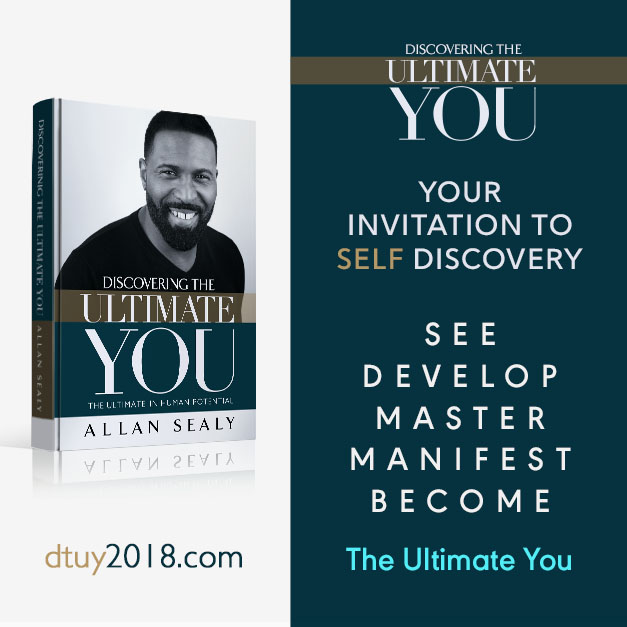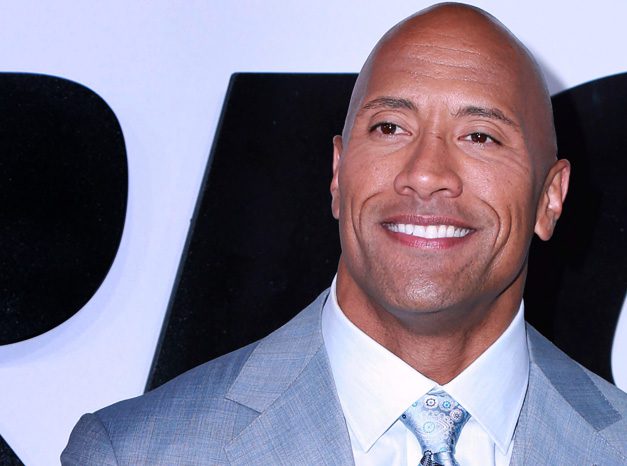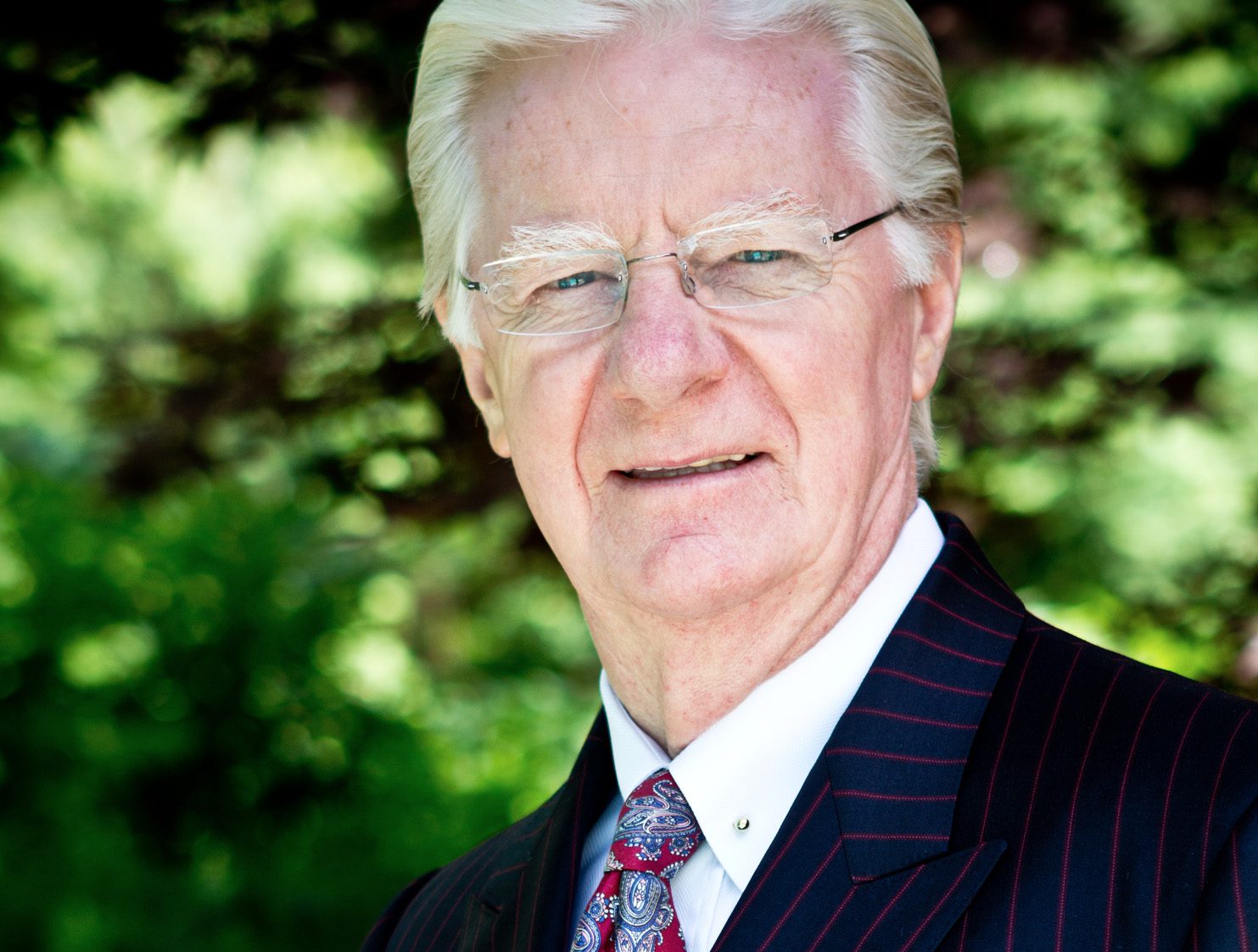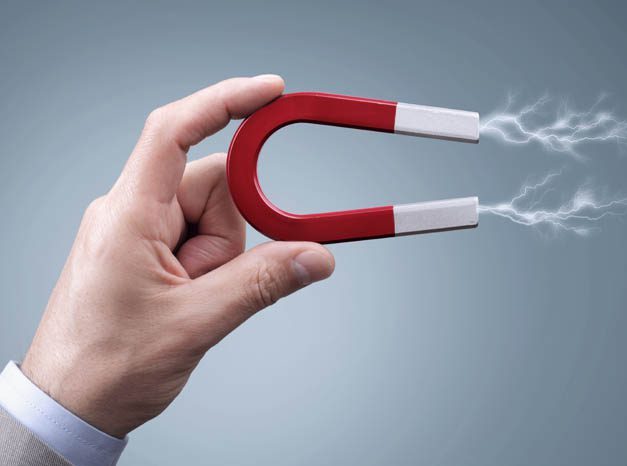
“The way of the lazy man is like a hedge of thorns,
But the way of the upright is a highway.”
– Proverbs
When we speak of mental barriers, we are talking about a train of thought or belief that prevents us from carrying out activities we know we need to complete. The symptom of this is procrastination. Procrastination, in layman’s terms, is putting off something for tomorrow that was meant to be done last year! It is the soil that makes difficulties grow. Procrastination give rise to laziness, both bearing the same consequences, namely missed opportunities and poor results. The bible expresses strong views about laziness and none of it is complimentary. However laziness is not just a matter of having a poor work ethic. You can be hard working in one area of your life and sluggish in another. However, handwork sometimes serves as a distraction or substitute from doing the things in your life which you know are more important. Activities that bring short-lived gratification smother important tasks. How many times have you set out to accomplish a relevant task but were distracted along the way, which either led to the job not being done in time or not at all? Do you find it difficult to remain focused on a particular assignment and seeing it through to the end? Like an alcoholic who must first admit he is an alcoholic in order to gain help, we must too identify the areas in our life which have suffered from neglect and own up to our laziness.
The Perception of Pain
In the opening text, a hedge of thorns was used as a fence to surround a vineyard. An encounter with thorns is usually a painful one. In like manner to the hedge of thorns the mind of the lazy is fenced in by mental barriers. These barriers come to light when particular activities have an association with a mental form of pain; or better yet perceived pain. We have a perception that a particular activity will be difficult or uncomfortable or even costly. For example many business owners or self-employed workers hate administrative work (myself included). The thought of doing it brings about the perception of pain and they would rather be doing the activity they are passionate about. Another example is in physical exercise. How many times have you given up in the middle (or near the end) of a particular exercise, not because of physical limitation but mental. In both cases there is strong association with pain, which prevents you from starting something or even continuing, and ultimately you do not achieve the results you desire. Hence the proverb
“The appetite of the sluggard craves and gets nothing, but the appetite of the diligent is abundantly supplied” (Proverbs 13:4).
Mental barriers are like veils that cover the mind and obscure the truth about our true potential. If we do not learn to break these barriers we will remain trapped by our own self imposed limitations.
Mental barriers can be overcome by first understanding the reasons for this perception of pain. This pain is the result of insecurities harbored in the mind. Because of the many insecurities we have as humans, safety in all aspects of life is an important need. We all tend to have comfort zones that we like to live in, whether it be in our career, social life, finances or even spiritually. There is a certain limit that we would not go pass, or a certain amount of risk we are not willing to take. An example of this can be found in seeking the approval of our peers. Not many of us are willing to stand out or go against the grain because of the fear of failure. Like sheep many of us prefer to follow rather than lead.
“There’s a lion in the Street!”
Conflicts emerge when change challenges what we are comfortable with. The arrival of change brings about insecurity and the perception of pain. Change could be going to the gym, changing your diet, learning to use the Internet, reading more, even socializing; the list is endless but you know what applies to you. Change demands for us to extend the boundaries of our comfort zone or to come out of it altogether. Although change is not always welcomed, it is necessary for growth, development and maturity to take place. This is why we only embrace change when it is absolutely necessary or the consequences of not doing so leaves us in a place of insecurity.
This conflict between change and our misplaced securities produces the cement that keeps mental barriers in place; namely excuses based o perceived fears.
The sluggard says there is a lion outside, I shall be slain! (Proverbs 22:13).
Is there a lion in the street, or is it really just a domestic cat. If we do not test the validity of our excuses we give room for goals to appear less achievable.
The key stage in breaking mental barriers is analyzing self-limiting beliefs. Belief is the foundation of our attitude and our actions. Our beliefs rest upon what we conclude as evidence. Our belief is only as strong as the evidence that supports it. Self-limiting beliefs rest on evidence formed through fear. If we examine the validity of these beliefs we will find that a great deal of logic and common sense has been overlooked in order to form these conclusions.
Sponsored advert
What do you believe is holding you back?
There are two types of belief, ones that are helpful and ones that are not. We would do well to identify the beliefs that are not helpful and then ask this question: what else has to be true for this to be true? For example you may blame your ethnicity for not being able to move ahead. For that to be true you will also have to believe that every body else of your ethnicity cannot move ahead! You conclude that you cannot loose weight because obesity is a disease. For that to be true you will have to believe that no one else with the same disease can be cured! Many people create all manner of justifications and rationalizations for poor performance. They convince themselves that they lack the potential and ability of other people who are successful, based upon the flimsiest of evidence. The real tragedy is that most people sell themselves short by settling for far less than what they are truly capable of becoming. In reality we all have similar mental ability and potential. Everyone has the same brain structure. Everyone has a variety of talents and abilities. We all have the same amount of muscles. The only difference between Mr Universe and the average person is that he has invested the time and the effort in developing his muscles. Some people start off with greater natural advantages and personal endowments, but on average, each of us has the ability to develop far beyond anything we have achieved so far. The only real limits on what you can do or be are the limits you accept in your own mind.
Change how you see yourself
Thus we need to change the way we see ourselves. Sight is the faculty of the mind and not the eyes. To put it another way, we see with our mind and not our eyes. It is your mind that gives meaning to the streams of light and colors that pass through your eyes. Yours eyes are merely a window that gives one dimension of sight to your mind. Therefore seeing yourself differently require you to redefine yourself in order to change your perception of yourself. To redefine yourself you must believe in a better you, using faith as your intangible but very real evidence to support your belief.




